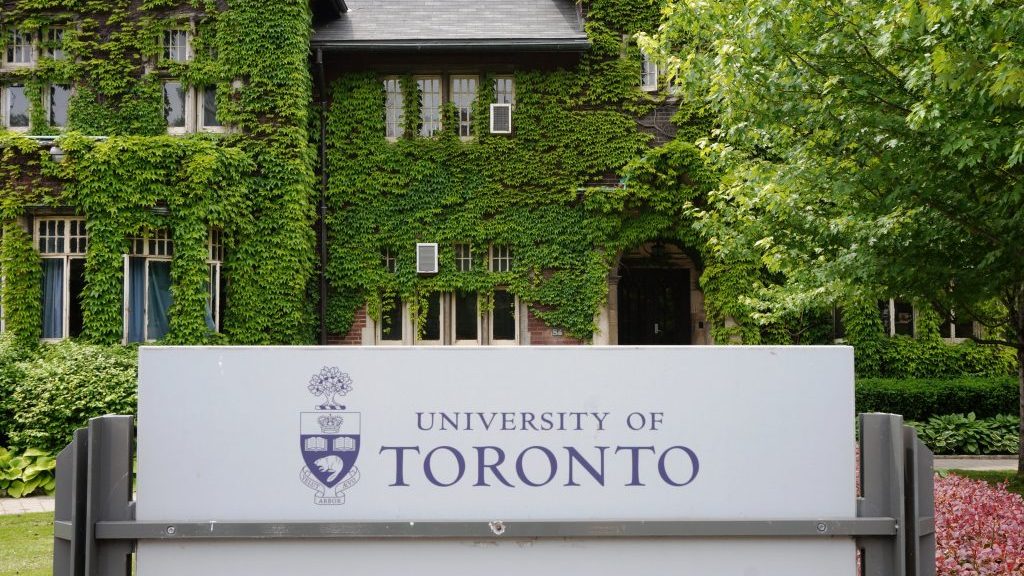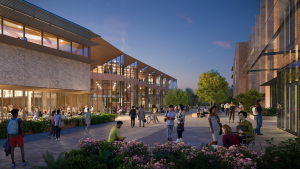TORONTO — Centennial College, the University of Toronto, Scarborough, Ontario Tech University, Durham College and Trent University are partnering to launch the Environmental and Related Technologies Hub (EaRTH District) in the eastern GTA region to advance clean, green, sustainable solutions.
EaRTH District will develop the region’s sustainable technology sector through research, academic programming and commercialization of advanced technology, with a focus on fuelling sustainable, resilient communities locally and around the world.
It will leverage the five partner institutions’ unique expertise, assets and training in environmental sciences, advanced technology and related emerging sectors, indicates a release, adding it will be the catalyst for collaboration with joint research initiatives, new academic programs and pathways and access to existing resources across institutions.
To develop the district, the consortium is looking to work with the public and private sectors and Indigenous communities.
An EaRTH-commissioned study projects the district to generate $8.4 billion in total direct cumulative output, $1 billion in taxes and more than 4,000 jobs over the next two decades, the release states.
EaRTH initiatives currently under development include:
- Sustainable farming technology, such as Canada’s first net-zero vertical farm and off grid farms that would allow for sustainable, local food production.
- New technologies that will reverse groundwater pollution to increase water safety.
- Transportation sector innovation such as capturing energy from vehicle brake systems to recharge batteries for hybrid hydraulic heavy vehicles and hybrid electric heavy vehicles. These new technologies are expected to result in improved fuel economy and reduced greenhouse gas emissions.
- Electro-EaRTH initiative: Using bacteria (microbes) to convert biomass-derived waste (paper-making waste, food waste, sewer sludge, etc.) into value-added products, which will be highly beneficial to the biorefinery sector and other industrial partners.
- Training the clean energy workforce to meet the growing demand for maintenance of net-zero homes, electric vehicles and more.
- Incubating and supporting entrepreneurs and clean tech startups.
“Given the state of our environment, the situation requires immediate action that can only be solved with the greatest minds working together – which we have right here,” said Andrew Arifuzzaman, EaRTH spokesperson and chief administrative officer at University of Toronto, Scarborough, in a statement. “Collaboration among the five post-secondary institutions working on solutions amplifies the effort exponentially. It’s time for us to contribute on a global level and EaRTH is the gateway to doing so.”




Recent Comments